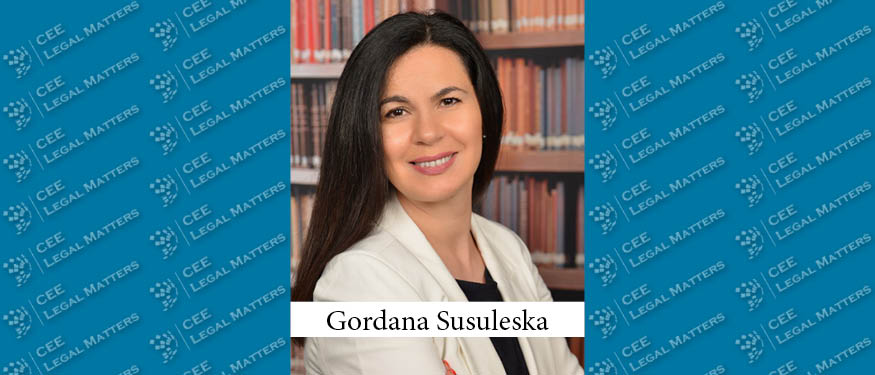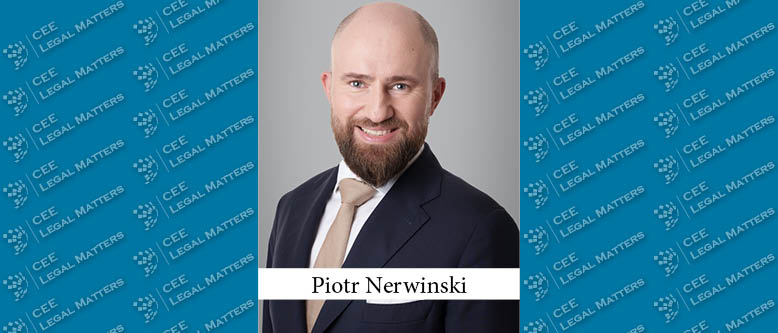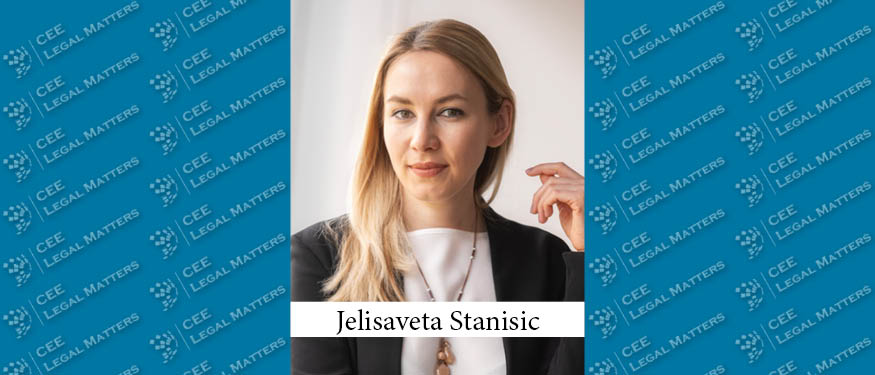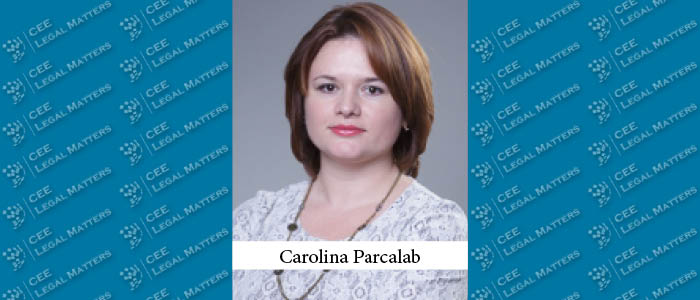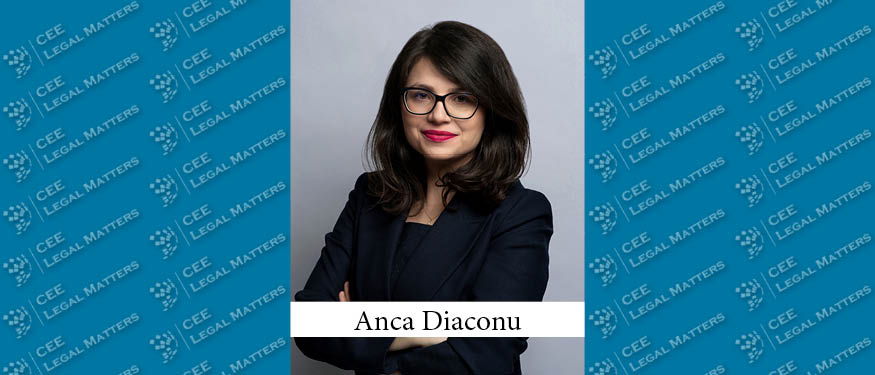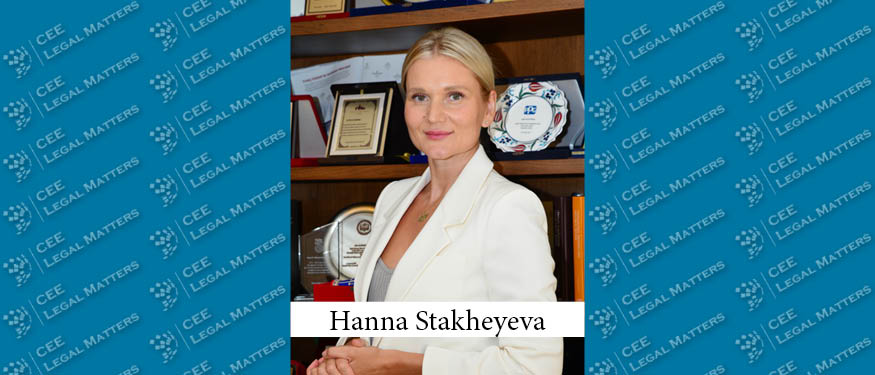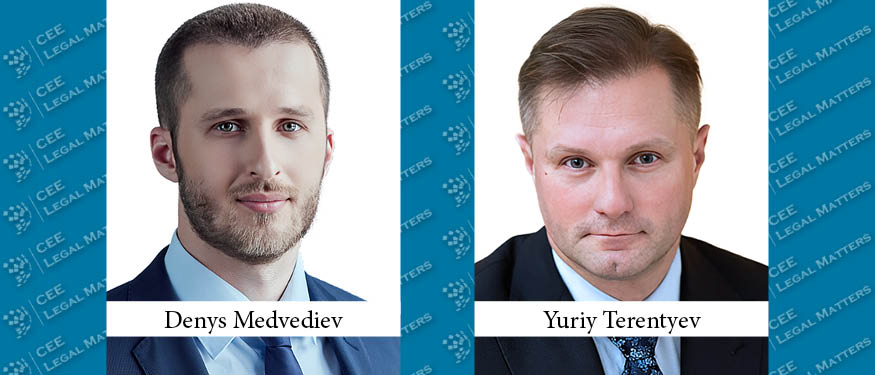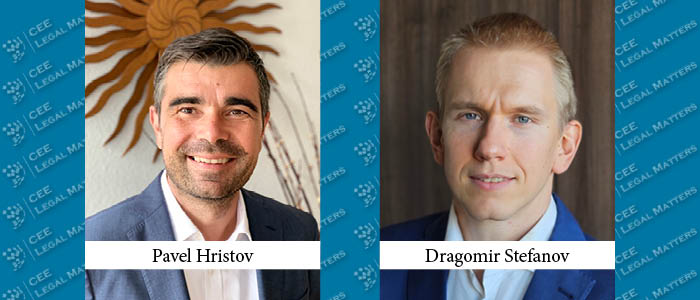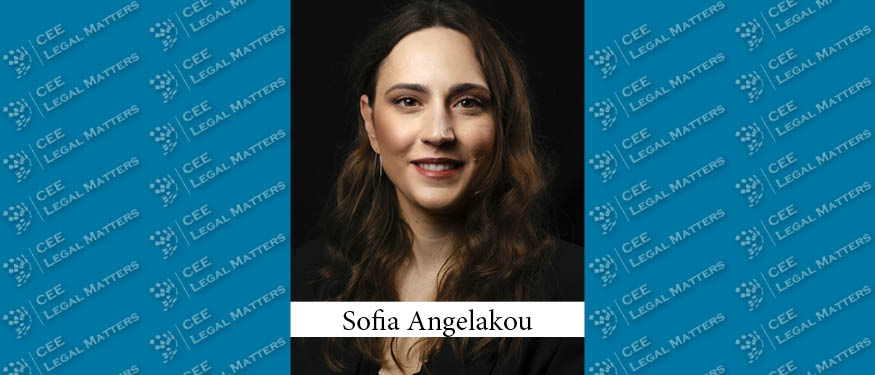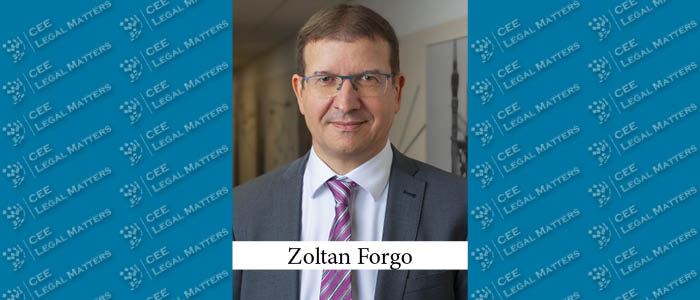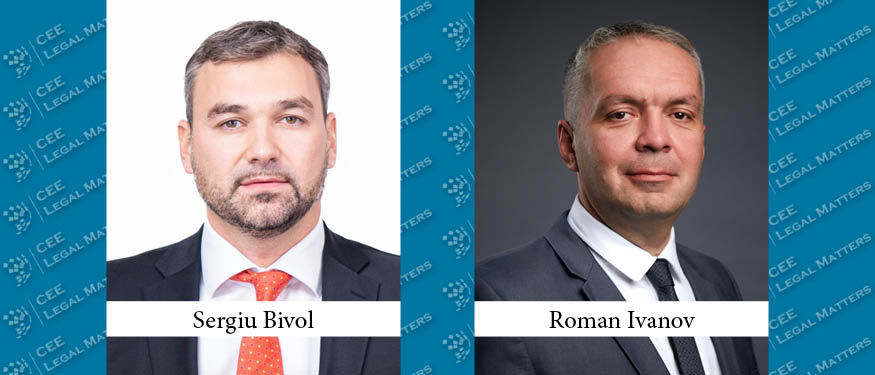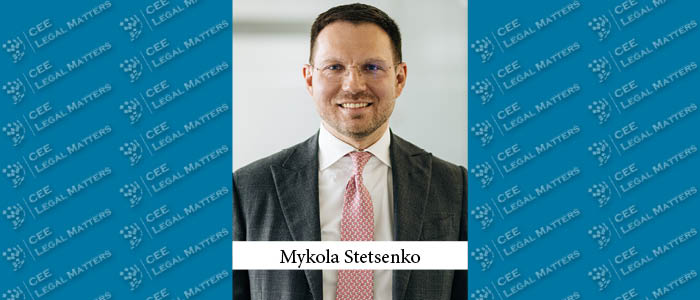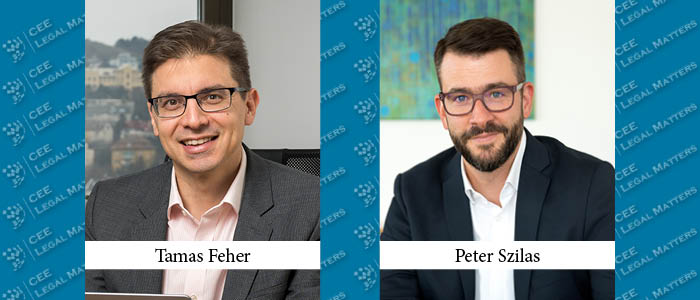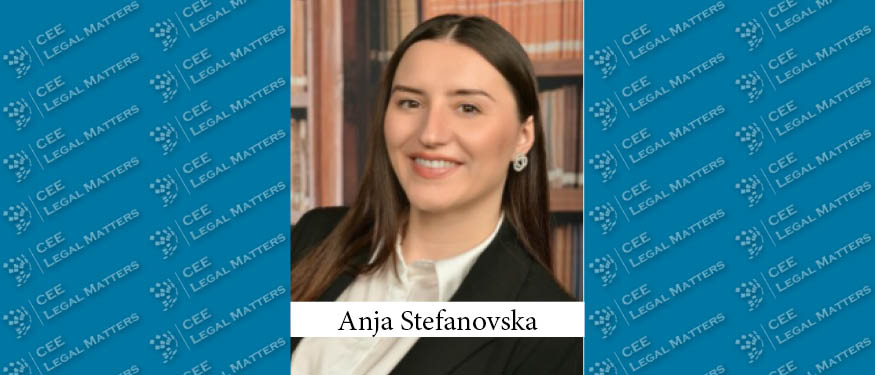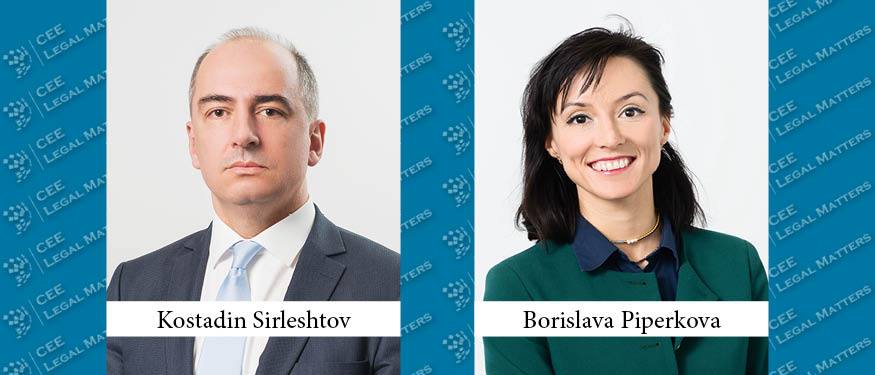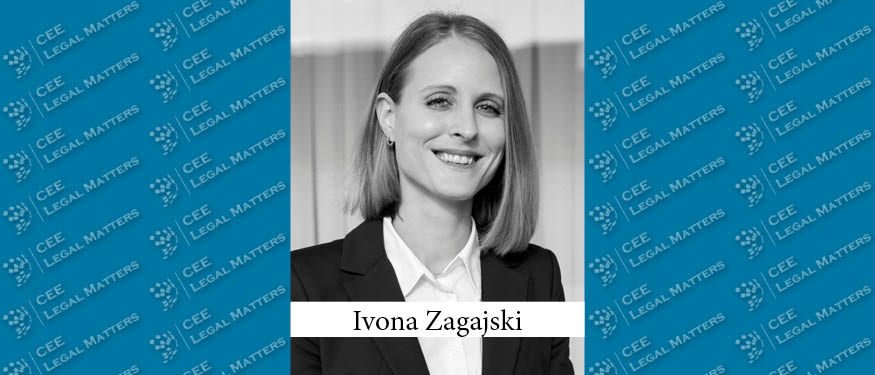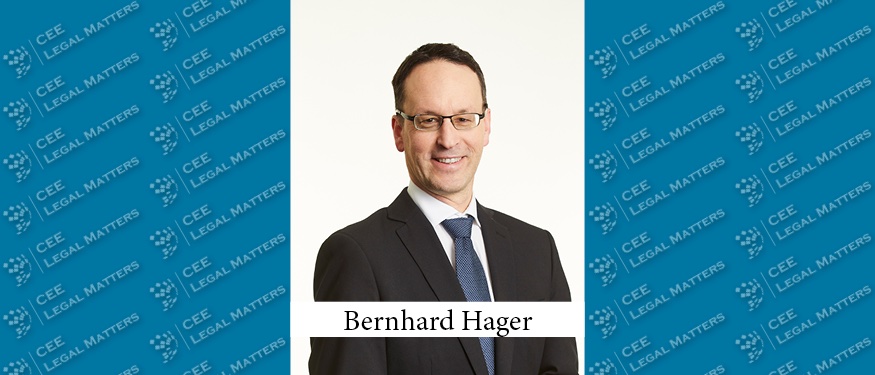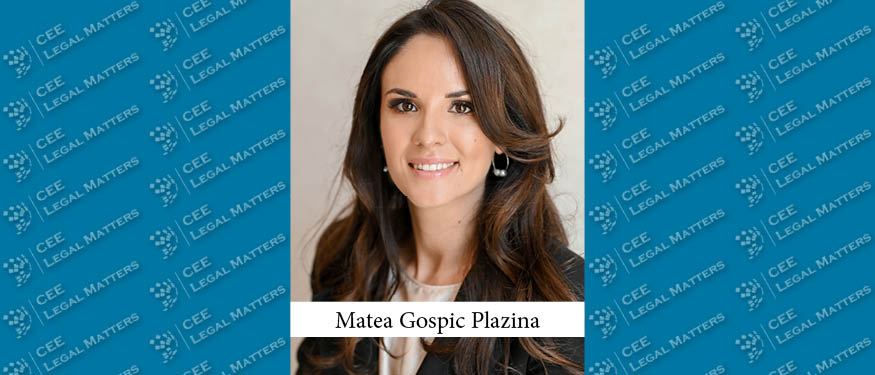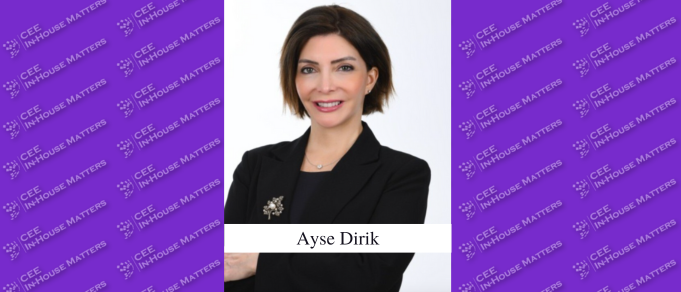Law Office Lazarov Attorney at Law Gordana Susuleska-Itic talks about banking and finance in 2025 in North Macedonia.
An Outlook on 2025: Banking and Finance in Poland
Greenberg Traurig Partner and Head of Project and Structured Finance Piotr Nerwinski talks about banking and finance in Poland in 2025.
An Outlook on 2025: Banking and Finance in Serbia
ZSP Advokati Partner Jelisaveta Stanisic talks about banking and finance in 2025 in Serbia.
An Outlook on 2025: Competition in Moldova
ACI Partners Legal Manager Carolina Parcalab talks about competition in Moldova in 2025.
An Outlook on 2025: Competition in Romania
Nestor Nestor Diculescu Kingston Petersen Partner Anca Diaconu talks about competition in Romania in 2025.
An Outlook on 2025: Competition in Turkiye
Actecon Knowledge Counsel Hanna Stakheyeva talks about competition in Turkiye in 2025.
An Outlook on 2025: Competition in Ukraine
Redcliffe Partners Partners Denys Medvediev and Yuriy Terentyev talk about competition in Ukraine in 2025.
An Outlook on 2025: M&A in Bulgaria
Hristov & Partners Partners Pavel Hristov and Dragomir Stefanov talk about M&A in Bulgaria in 2025.
An Outlook on 2025: M&A in Greece
Drakopoulos Senior Associate Sofia Angelakou talks about M&A in Greece in 2025.
An Outlook on 2025: M&A in Hungary
Forgo, Damjanovic & Partners Partner Zoltan Forgo talks about M&A in Hungary in 2025.
An Outlook on 2025: M&A in Moldova
Vernon David Partners Sergiu Bivol and Roman Ivanov talk about M&A in Moldova in 2025.
An Outlook on 2025: M&A in Ukraine
Avellum Managing Partner Mykola Stetsenko talks about M&A in Ukraine in 2025.
An Outlook on 2025: Dispute Resolution in Hungary
Jalsovszky Partner Tamas Feher and Managing Associate Peter Szilas talk about dispute resolution in Hungary in 2025.
An Outlook on 2025: Dispute Resolution in North Macedonia
Law Office Lazarov Attorney At Law Anja Stefanovska talks about dispute resolution in North Macedonia in 2025.
An Outlook on 2025: Energy in Bulgaria
CMS Sofia Managing Partner Kostadin Sirleshtov and Counsel Borislava Piperkova talk about energy in Bulgaria in 2025.
An Outlook on 2025: Energy in Croatia
Marohnic, Tomek & Gjoic Attorney at Law Ivona Zagajski talks about energy in Croatia in 2025.
An Outlook on 2025: Energy in Serbia
JPM & Partners Senior Partner Jelena Gazivoda talks about energy in Serbia in 2025.
An Outlook on 2025: Energy in Slovakia
Eversheds Sutherland Managing Partner Bernhard Hager talks about energy in Slovakia in 2025.

